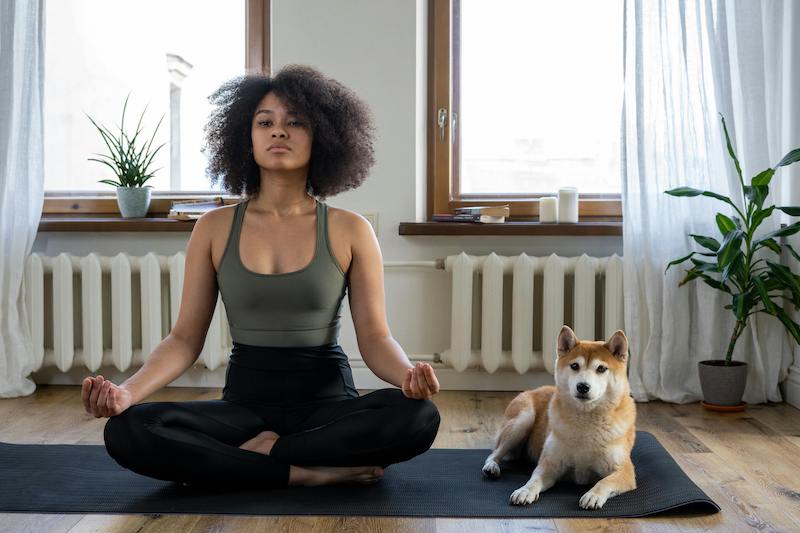Anxiety is often recognized as feelings of temporary fear and worry. Anxiety affects all of us during our daily lives, like when presenting in front of an audience, or when we’re running late. But if that anxiety stems from seemingly nowhere, becomes regular, and starts inhibiting your daily life, you may be suffering from an anxiety disorder. Anxiety disorders are one of the most common mental illnesses in the world, affecting around 31.1% of Americans ( ≅40 million people) at least once in their lifetime.
Anxiety disorders are a collection of different mental disorders, including phobias, PTSD, and OCD. Although there are several different types of anxiety disorders, they all share a variety of harmful symptoms that affect the body and mind. These symptoms can include:
- Constant restlessness and irritability
- Feelings of dread or impending danger
- Sweating, trembling, and shaking
- Difficulty sleeping, insomnia
- Racing heart or heart palpitations
While anxiety disorders are common, they can be harmful to us, and remain one of the largest mental health concerns in the world. They can prevent us from living our daily lives, from doing the things we enjoy, and from being able to talk with our loved ones. Anxiety disorders are also often closely linked with other impactful disorders such as depression and substance abuse.
Table of Contents
Proven Strategies for Managing Anxiety
So how can you relieve these feelings of anxiety, and regain control of your life? Among hundreds of methods, there are some that anxiety researchers believe are more effective than others. According to a 2016 study published in the Journal of Affective Disorders surveying hundreds of clinicians and researchers, data was collected about which form of anxiety relief they believe is most effective in preventing harmful anxiety symptoms. Here are the top 3 most effective strategies according to the study:
- 100% of clinicians and researchers believed patients should “Remember that anxiety is only a feeling and doesn’t mean they are in danger”
- 100% of clinicians and researchers believed that patients should “not avoid or escape situations causing anxiety”
- 96.6% of clinicians and researchers believed that patients should “Ride out their feelings of anxiety until they subside”
These strategies were chosen by clinicians because of the combination of accessibility and success they have had on previous patients. All the listed strategies are centered around cognitive changes made by the patient.
Combining Cognitive and Relaxation Techniques for Lasting Relief
There are also several relaxation activities mentioned such as yoga, mindful breathing, and light exercise that are helpful in reducing feelings of anxiety. Relaxation activities are helpful in temporarily easing feelings of anxiety, therefore, to see long term improvements, it’s encouraged that people incorporate both cognitive adaptations and relaxation activities. If you are struggling with anxiety, reframing your perceptions and negative thoughts about anxiety will greatly help in reducing the fear and distress associated with it.
Although these anxiety relief methods are accessible, that doesn’t mean they are easy to implement. The first steps in confronting your anxiety and fears are going to be the hardest part, but with the assistance of an anxiety therapist, you won’t have to navigate through these struggles alone. If you suffer from an anxiety disorder and want to regain control of your life, reach out and schedule a consultation with us to help you create a plan.


